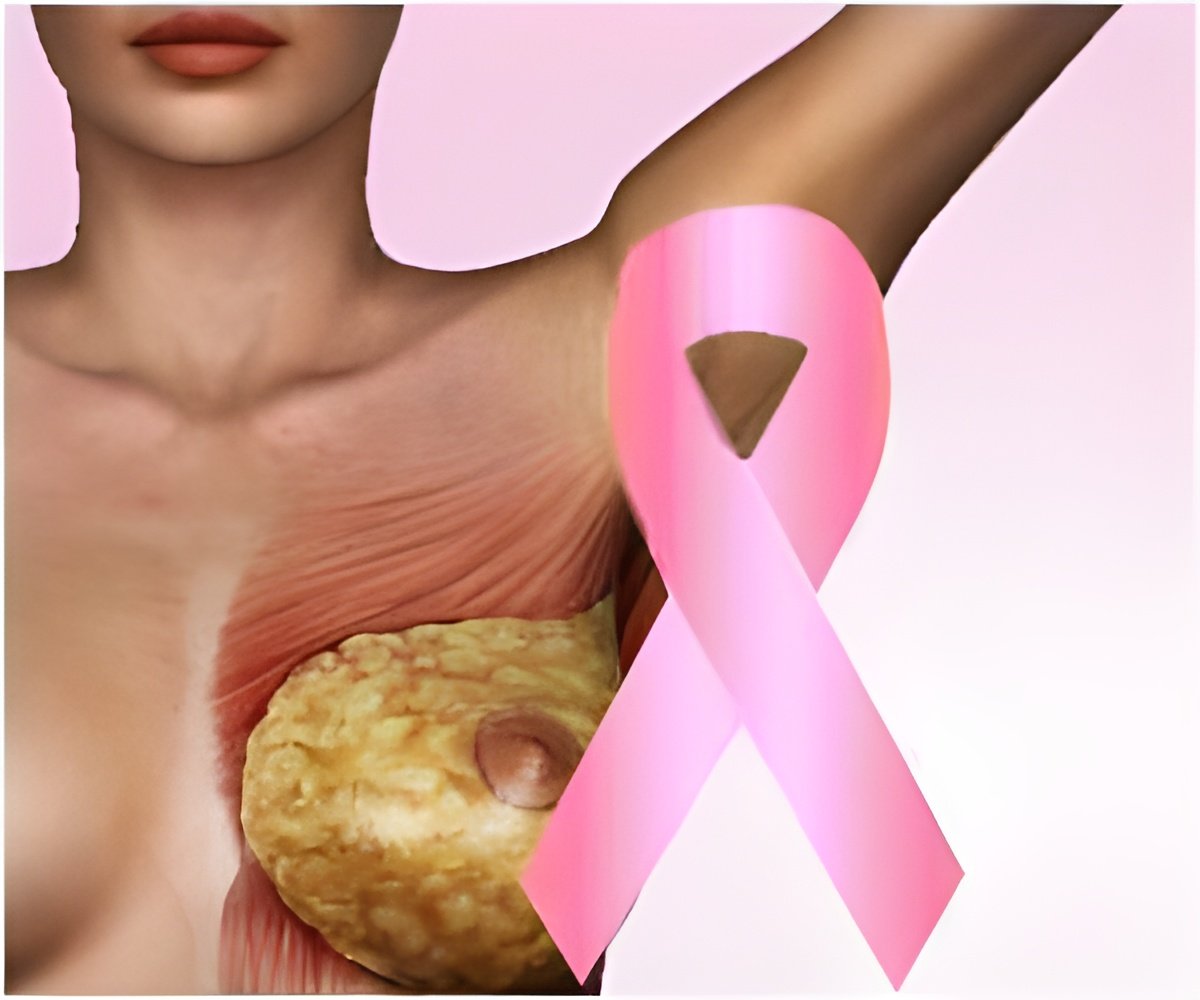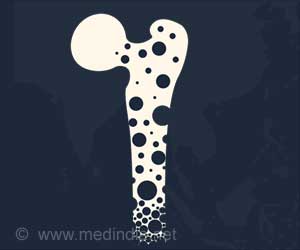Surgeon attitudes were biggest driver of likelihood patients receive contralateral prophylactic mastectomy,removing both breasts even when cancer is found only in one

‘Surgeons exert a lot of influence over early-stage breast cancer patients' decision to get both breasts removed, even when cancer is found in only one breast’





A new study, published in JAMA Surgery, finds that surgeons had the strongest influence on the likelihood of a woman having CPM.Surgeons have huge influence on treatment, and with that comes ultimate responsibility to get it right with patients, even with a procedure that seems to be driven largely by patient preference," says senior study author Steven J. Katz, M.D., MPH, professor of medicine and of health management and policy at the University of Michigan.
Researchers surveyed 3,353 women with early stage breast cancer and matched them to 349 surgeons, who were also surveyed. About 16 percent of the women reported receiving CPM.
Surgeons were asked to assess a typical patient scenario and indicate what kind of treatment they would recommend. From there, the researchers categorized surgeons based on most to least likely to favor breast conservation.
Surgeons also indicated whether they would perform contralateral prophylactic mastectomy if the patient requested it. Responses were categorized based on most to least likely to perform CPM.
Advertisement
"Two attitudes seem to explain the difference: How strongly the surgeon favors breast conserving surgery and how reluctant the surgeon is to perform CPM," Katz says.
Advertisement
"That difference is huge. Even for a procedure that is very patient-driven, we see that surgeons account for a lot of the variability in the community and those surgeon attitudes really matter in terms of whether a patient does or does not get CPM," Katz says.
The three most common reasons surgeons reported for performing double mastectomy if the patient requested it were to give patients peace of mind, avoid conflict and improve cosmetic outcomes.
For most women with early stage breast cancer in one breast, removing the unaffected breast does not improve survival. Many experts question whether CPM in these women is overtreatment.
"More extensive treatment than is needed equals more harm and more side effects. There's a sea change going on among cancer doctors who increasingly recognize potential overtreatment and strive to reduce it," says study author Monica Morrow, M.D., chief of the breast surgery service at Memorial Sloan Kettering Cancer Center.
"If a patient does not feel 100 percent confident with what their doctor is discussing and recommending, they should seek a second opinion," Katz adds.
Source-Eurekalert















